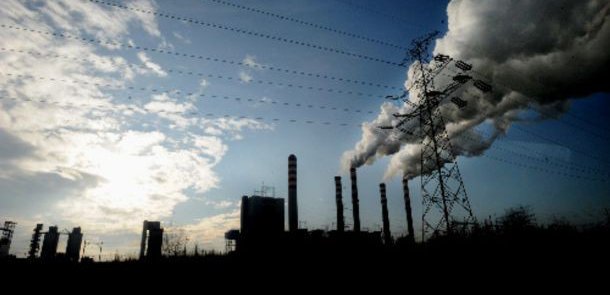A flexibility study prepared by power grid operator IPTO and delivered to RAE, the Regulatory Authority for Energy, limits flexibility provisions to electricity production units that are capable of entering the system within three hours of notification by the operator, according to energypress sources.
More specifically, the annual flexibility needs have been calculated at 3,500 MW for 2017, 2018 and 2019, the first three years of a ten year-period examined in the study. This comes as a reduction compared to the temporary CAT mechanism that expired in April and was based on annual flexibility needs of 5,000 MW.
The significant reduction of flexibility capacity and provisions indicates that the amount of CATs to be offered as part of the new temporary flexibility mechanism to be proposed by RAE and implemented, assuming the European Commission offers its approval, until the target model is introduced, will be reduced.
Proceedings at auctions, required by related new European Commission regulations, will determine which units stand to benefit as well as the amounts to be received by units offering flexibility.
Given the new standards proposed by the IPTO study, it remains unknown whether main power utility PPC’s hydropower stations will be able to qualify into the category of units offering flexibility services.
RAE plans to soon announce the new temporary CAT mechanism and offer pre-notification of the permanent mechanism, which, according to the bailout, must be announced by the end of June. At this stage, it does not appear that the permanent mechanism’s announcement can be made any earlier than mid-July. The pre-notification of the permanent CAT mechanism and the announcement of the temporary system are expected to be jointly announced.
A vague picture also prevails for the demand response mechanism (interruptability), directly linked to the CAT mechanism. Though the energy minister Giorgos Stathakis and Prime Minister Alexis Tsipras have both promised Greece will submit a seperate application for a three-year extension to the current mechanism that expires in October, the European Commission’s DG Comp, according to sources, is seeking to have the demand response mechanism incorporated into the temporary CAT mechanism as it believes flexibility is not only restricted to electricity production units but can also include consumers.
Greek industrialists have made clear to Greek government officials that the demand response mechanism is essential if energy-intensive producers are to remain competitive.
The demand response mechanism (interruptability) enables major industrial enterprises to be compensated when the TSO (IPTO) asks them to shift their energy usage (lower or stop consumption) during high-demand peak hours, so as to balance the electricity system needs.





